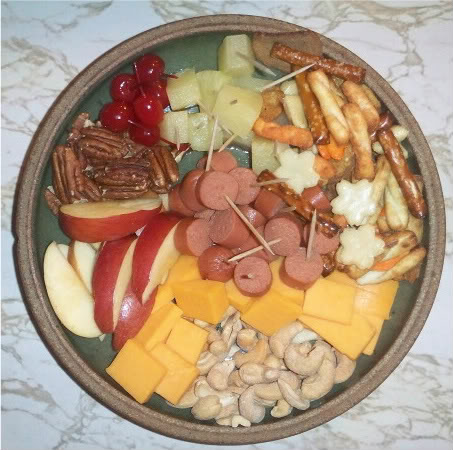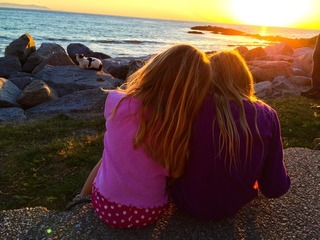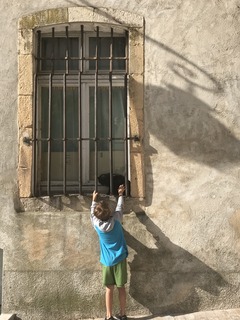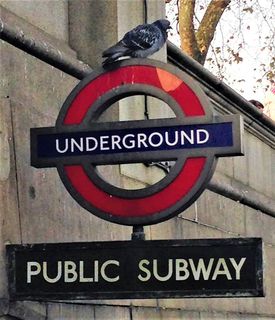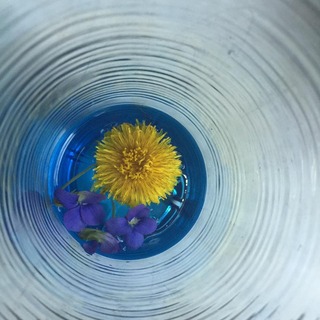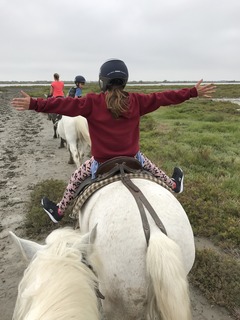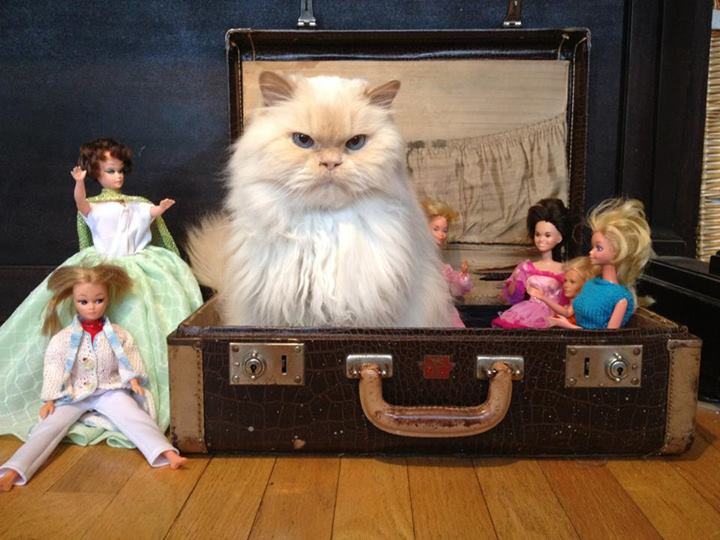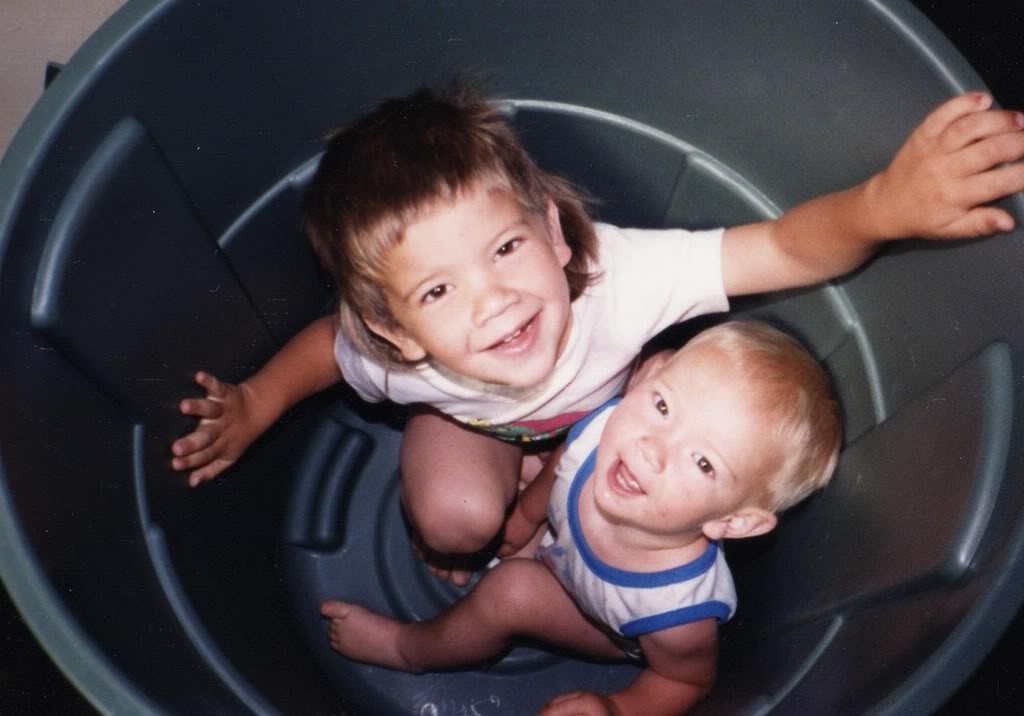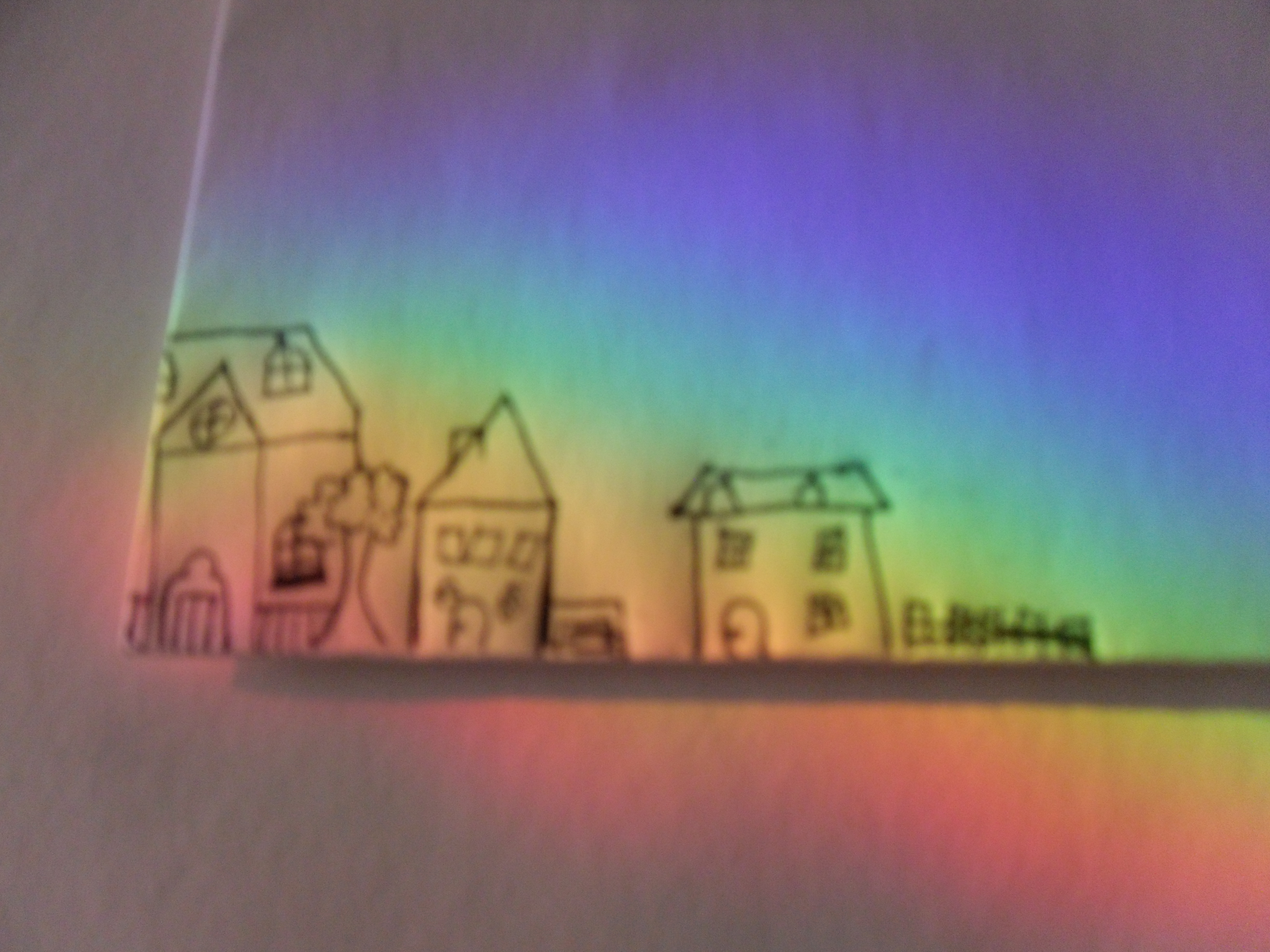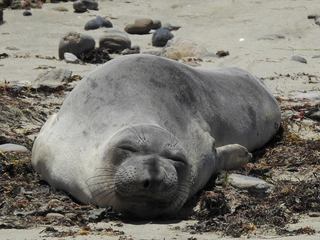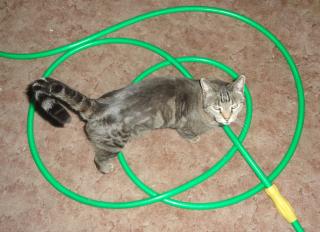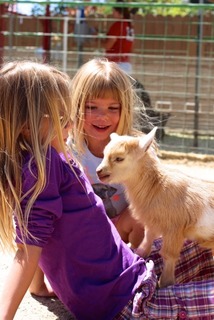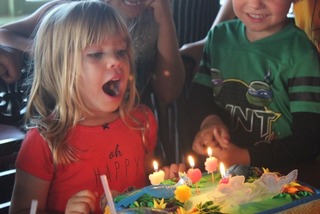
If you know what you believe and what your goals are, then everyday life clears up and you see the benefits and the learning.
If convenience and organization are your primary goals, unschooling might not be viable for you.
If learning and peace in your family are primary goals, convenience will come secondary to it.
[Y]ou have to know what’s more important.
For me it was my child’s peace and comfort and learning, and everything has flowed from that.
Thanks to Nicole Novakovics for finding the quote.
photo by Chrissy Florence
